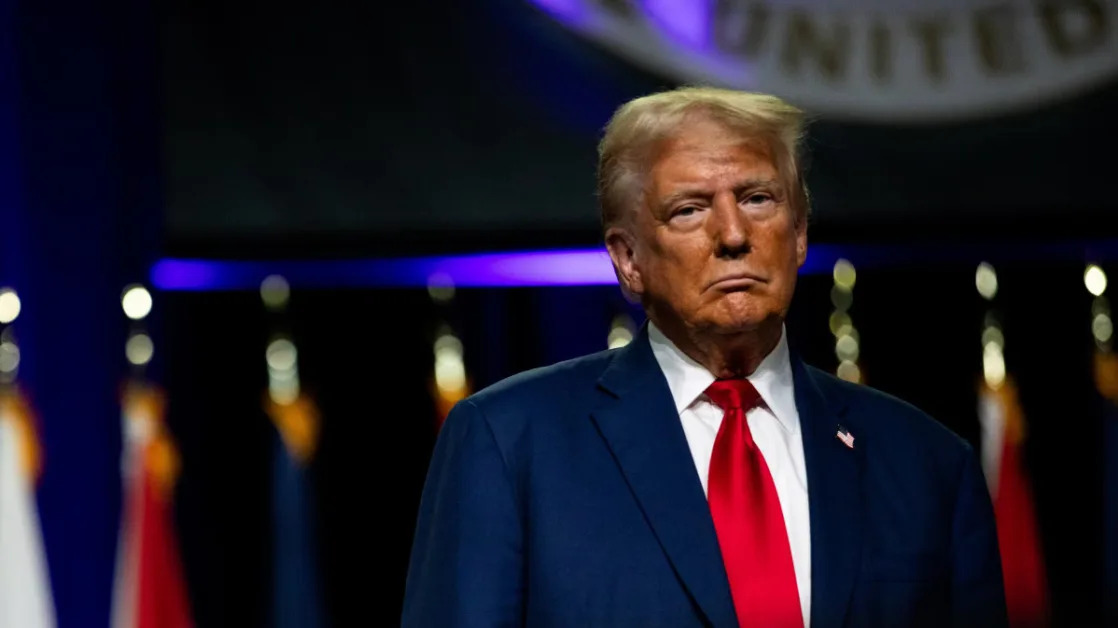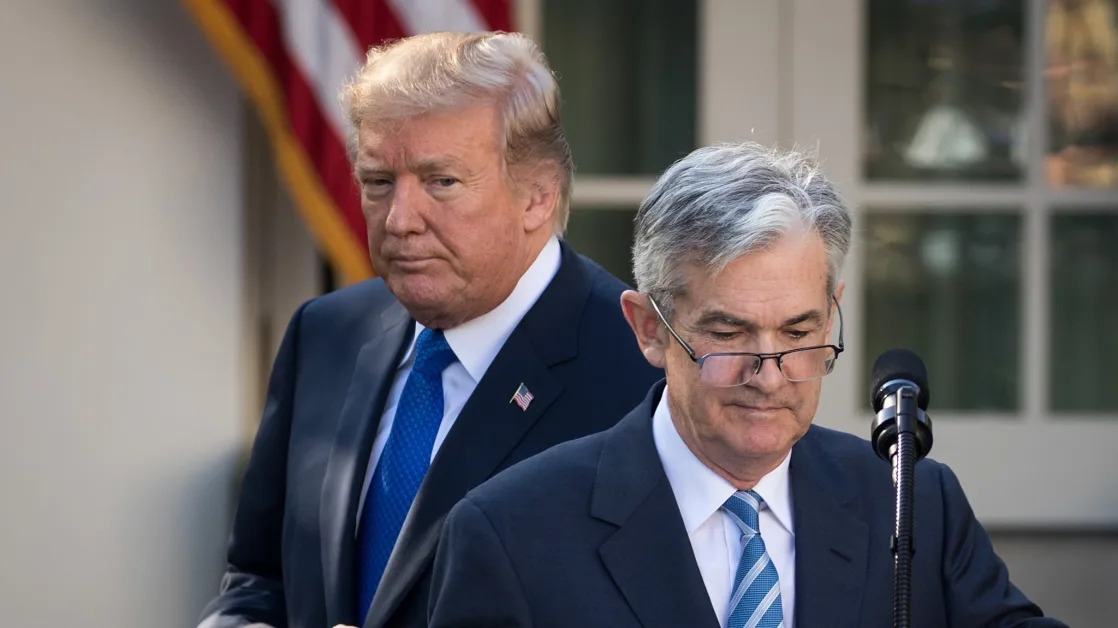President Donald Trump is mounting another effort to eliminate a controversial loophole that has long allowed Wall Street’s überwealthy to evade millions of dollars in taxes every year.
At stake is a little-known provision known as “carried interest" that benefits private equity managers, hedge fund speculators, and other investment professionals.
It allows them to treat personal earnings not as income in the legal sense but as capital gains—subject to a far lower bracket that can halve their tax burden.
Ever since Wall Street’s bankers were bailed out of their high-risk bets that triggered the global financial crisis, politicians like Barack Obama have taken aim at this loophole.
And even Trump, during his first run for the presidency, argued billionaire speculators were “ getting away with murder ” thanks to this peculiarity.
This latest attempt to crack down on the practice comes amid a broader tax relief plan the administration is trying to push through Congress at a sensitive time when the country's finances are already strained.
The package includes an extension to Trump’s signature 2017 tax cut, which is due to sunset at the end of this year if new legislation is not passed .
“This will be the largest tax cut in history for middle-class working Americans. The president is committed to working with Congress to get this done,” White House press secretary Karoline Leavitt told reporters on Thursday, defending the package.
"Wall Street investors should not be paying less in taxes than firefighters and teachers"
If successful, closing the gap in the tax code from carried interest could yield an estimated $100 billion in annual savings for the American taxpayer in conjunction with another policy proposal to eliminate tax breaks for billionaire sports team owners.
“Right now the wealthiest Americans are gaming our tax system to get out of paying their fair share,” Wisconsin senator Tammy Baldwin said in a statement. “Wall Street investors should not be paying less in taxes than Wisconsin firefighters, teachers, and small business owners.”
On Thursday, Baldwin, together with 12 other Democratic senators in the upper house of Congress, tabled a proposal called the Carried Interest Fairness Act .
The investment industry has countered that the money the highest-paid speculators make is in fact capital gains from the sale of assets, not a salary.
Furthermore, it has argued the loophole has been around for over 70 years already and that changing it now could indirectly hurt their clients like pension funds, charitable trusts, and university endowments reliant on above-average returns.
Yet back in 2011, Warren Buffett argued for the need to close this loophole out of a sense of propriety since it allowed him to shrink his total tax bill to 17% of his taxable income—a lower rate than that paid by any of his staff.
“My friends and I have been coddled long enough by a billionaire-friendly Congress,” the Berkshire Hathaway chairman wrote in a New York Times op-ed, sensing the rising anger in the country at the time to what Obama called “ fat-cat bankers .”
However, just because a crackdown is once again being proposed doesn't mean it will lead to any actual legal changes.
Will the loophole finally be closed? Don't count on it
Trump needs support in Congress to pass tax cuts that could cost the Treasury between $5 and $11 trillion, according to calculations by the government watchdog Committee for a Responsible Federal Budget.
This kind of largesse, coming at a time when Uncle Sam is already $36 trillion in the hole, would likely give pause to some congressional legislators who might otherwise be inclined to support Trump’s other tax cuts, such as on tips and overtime pay.
His proposal includes an estimated $200 billion in potential relief for the wealthy in the form of larger federal tax deductions that households can claim in jurisdictions with very high state and local taxes (SALT).
Since this benefits those living in areas like New York City and San Francisco, where many of these same high-net-worth investors reside, it’s quite possible their added tax bill would be partially offset by the proposal to raise or eliminate the ceiling the federal government imposes on their SALT deductions .
Lastly, success in closing the carried-interest loophole is anything but guaranteed.
If there has been one economic policy on Capitol Hill that enjoys bipartisan consensus, it was that this tax break for ultrawealthy speculators, who are well-known for generously donating to political campaigns, can be attacked but must never actually be touched .
As a result, each and every time an attempt has been made to deprive Wall Street of its coveted tax loophole— including Trump’s own 2017 tax cut —any references that might follow through mysteriously vanish from the final bill.
In fact, Wall Street famously felt so strongly about retaining this boon that Steven Schwarzman, the CEO of Blackstone, once compared the very idea of eliminating it to nothing less than the Nazi blitzkrieg.
In comments the private equity speculator later was forced to walk back , he scathed: “It’s like when Hitler invaded Poland in 1939.”





